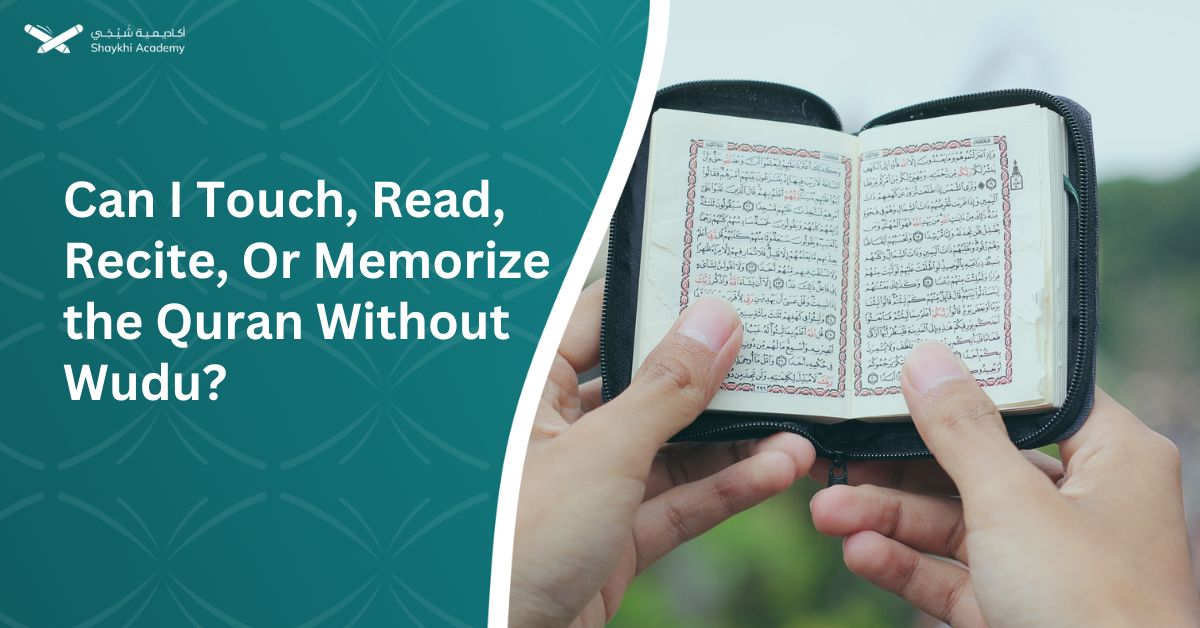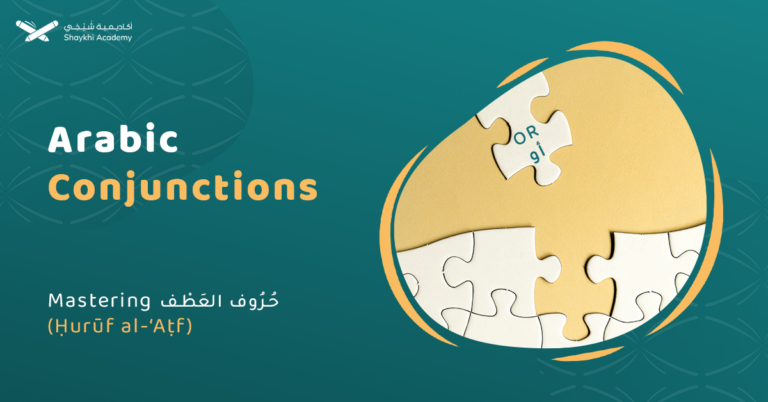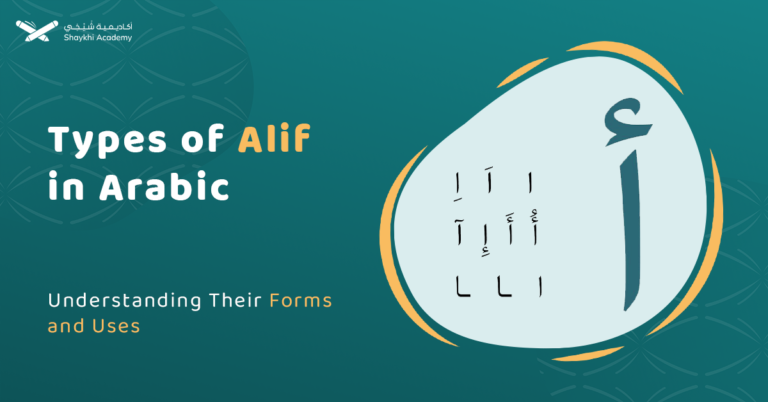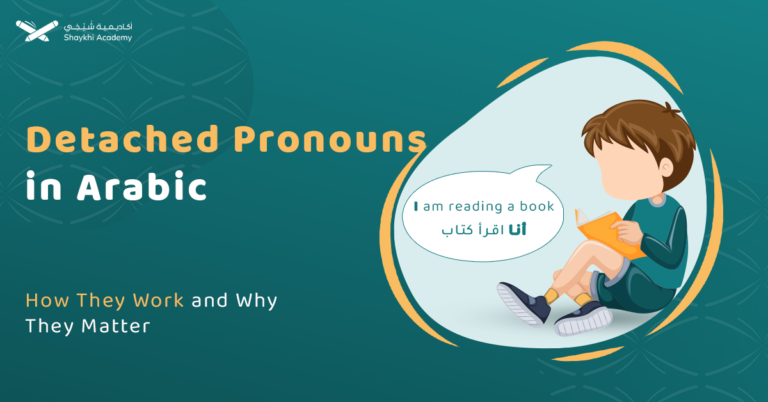Can I Read, Recite and Memorize the Quran Without Wudu? Engaging with the Quran is a fundamental part of a Muslim’s spiritual life, but many muslims have questions about the necessity of wudu (ablution) for reading, reciting, and memorizing the Quran. This article will clarify the rules of memorizing, touching, and reading the Quran.
In a nutshell, Islamic guidelines on interacting with the Quran vary for different actions. Memorizing and reading the Quran, whether from memory or a phone, are permissible without wudu (ablution).
However, touching the physical Quran (mushaf) is not allowed without wudu. The permissibility of reading the Quran without ghusl (ritual bath) is a matter of scholarly debate. While generally prohibited, the Maliki school of thought permits women in menstruation to do so. The Hanafi school is strict about touching the Quran without wudu, extending this rule to objects with Quranic verses.
Defining The Rules of Memorizing, Touching, and Reading the Quran
The “rules of memorizing, touching, and reading the Quran” refer to the Islamic guidelines and etiquette surrounding how Muslims interact with the holy Quran. These rules are derived from the Quran itself, the teachings of the Prophet Muhammad (peace be upon him), and the interpretations of Islamic scholars.
These rules aim to ensure that Muslims interact with the Quran with the utmost respect and reverence it deserves. They also help to cultivate a deeper connection with God’s word and to make the act of reading, memorizing, and touching the Quran a more meaningful spiritual experience.
It’s important to note that these rules can vary slightly among different Islamic schools of thought. Some interpretations may be more lenient, while others may be stricter. Ultimately, the goal is to approach the Quran with humility and a sincere desire to understand and implement its teachings.

Can I Memorize the Quran Without Wudu?
Yes, you can memorize the Quran without wudu. Memorizing the Quran is a continuous process that requires dedication and regular practice. While it is highly recommended and preferable to be in a state of wudu out of respect for the holy text, it is not a strict requirement for memorization.
Permissibility of memorizing the Quran without wudu makes it easier for Quran memorizers to memorize the Quran, because it allows individuals to continue their memorization efforts even when wudu is not possible.
For instance, someone might be on a journey, at work, or in a place where performing wudu is inconvenient. Under such circumstances, stopping memorization could disrupt the learning process. Therefore, memorizing the Quran without wudu ensures that the continuity and consistency needed for effective memorization are maintained.
Can You Read the Quran Without Wudu?
Yes, reading the Quran without wudu is permissible. The Prophet Muhammad (PBUH) would remember Allah in all states, which supports the practice of reading the Quran without wudu. Several Hadiths suggest that the Prophet (PBUH) recited Quranic verses even when he was not in a state of wudu, demonstrating the permissibility of this practice.
It’s important to distinguish between reading the Quran and touching the physical mushaf (the written Quran). While reading without wudu is allowed, touching the mushaf has stricter rules, which we will discuss later. Reading the Quran without wudu, whether from memory or from a digital device, allows for a flexible and continuous engagement with the holy text.

Can You Read the Quran from Memory Without Wudu?
Yes, you can read the Quran from memory without wudu. This is backed by numerous Hadiths, including one where the Prophet Muhammad (PBUH) would recite Quranic verses without performing ablution.
Narrated ‘Abd Allah b. ‘Abbas: That he spent a night with Maimunah, wife of the Prophet (ﷺ), who was also his (Ibn ‘Abbas’s) maternal aunt. I lay towards the width of the pillow and the Messenger of Allah (ﷺ) and his wife slept towards its length. The Messenger of Allah (ﷺ) slept. When half the night passed, or a little before it or a little after it, the Messenger of Allah (ﷺ) awoke and began to rub his face (eyes) to remove the sleep. He then recited ten verses from the last part of Surah ‘Al-Imran. Hen then came to a bag of water that was hanging. He performed ablution from it and performed his ablution well. He then stood up and prayed.”
[Sahih]
Reciting from memory is particularly important for those who have memorized the Quran or large portions of it. It allows them to keep the verses fresh in their minds and ensures they maintain their memorization. Given that maintaining one’s memorization requires regular recitation, the flexibility to recite without wudu is a significant advantage.
Can You Read the Quran Without Wudu on the Phone?
Yes, you can read the Quran on your phone without wudu. Digital texts are not subject to the same rules as the physical mushaf. This leniency facilitates easy access to the Quran, allowing you to read and reflect on its verses anywhere and anytime.
The digital Quran is not considered the same as the physical mushaf, as the text on a screen does not have the same physical properties. Therefore, the stringent rules regarding wudu do not apply. This makes it convenient for Muslims to engage with the Quran in various situations, whether they are traveling, at work, or in public places where performing wudu might not be feasible.
Can We Touch the Quran Without Wudu Even When Not Reading It?
No, you can’t touch the mushaf without wudu even if you are not reading it. The sanctity of the mushaf requires that it be handled only when in a state of purity. This rule helps maintain respect and reverence due to the holy text.
The rule is based on the Quranic verse that states,
“None touch it except the purified” (Quran 56:79),
and the Hadiths that emphasize the importance of being in a state of purity when handling the Quran. Therefore, whether you are moving the Quran, placing it on a shelf, or simply carrying it, it is important to ensure you are in a state of wudu.
Can You Read Quran Without Ghusl on the Phone?
No, you can’t read the Quran without Ghusl on the phone. The person in a state of janabah (major impurity) should not recite the Quran, whether from the Mushaf (physical copy) or from memory, until they have performed ghusl (ritual bath). This prohibition extends to reading the Quran on a phone as well, as it is still considered a recitation.
However, Maliki school of thought stated that it is permissible for a woman in menstruation to read the Quran from memory or from her phone, as her impurity is not due to a deliberate action.
What is the Hanafi Opinion on Touching the Quran Without Wudu?
The Hanafi school of thought holds that it is impermissible to touch the Quran without wudu. This applies to any part of the mushaf or items with Quranic verses. The Hanafis extend this prohibition to touching the Quran with a barrier (like a cloth) or anything with Quranic verses on it (like money) is impermissible without wudu.
However, they make exceptions for children learning and memorizing the Quran and for books of Tafsir (Quranic commentary) where the commentary outweighs the Quranic text.
Etiquettes to Observe When Memorizing, Touching, and Reading the Quran
Let’s dive into the etiquettes of memorizing, touching, and reading the Quran. These practices show respect for the holy book and help you connect more deeply with its message.
- Purity: Begin with Wudu (ablution) to cleanse yourself physically and spiritually.
- Intention: Set a sincere intention to memorize for the sake of pleasing Allah.
- Understanding: Don’t just memorize the words; try to understand the meaning behind them.
- Recitation: Recite the verses you’ve memorized during prayers and at other times to solidify your memory.
- Clean Hands: Always wash your hands thoroughly before handling the Quran.
- Respectful Handling: Treat the Quran with utmost care and reverence.
- Elevated Position: Place the Quran on a clean, elevated surface, like a stand or a folded cloth.
- Right Hand: Traditionally, it’s recommended to hold and turn the pages with your right hand.
- Wudu: Again, make sure you’re in a state of Wudu.
- Proper Posture: Sit respectfully and avoid slouching or leaning back.
- Use a Bookmark: Instead of folding pages, use a bookmark to mark your place.
- Humility: Approach the task with humility and recognize that the ability to memorize is a gift from Allah.
These etiquettes might seem like small details, but they show respect for the Quran and help you cultivate a deeper connection to its teachings. Remember, the most important thing is sincerity and reverence for the holy book.

Elevate Your Quran Recitation: Enroll in Shaykhi Academy’s Online Course
While the article “Can I Read, Recite, and Memorize the Quran Without Wudu?” clarifies the rulings, elevate your Quranic journey with Shaykhi Academy’s Online Quran Recitation Course.
Shaykhi Academy’s Online Quran Recitation Course is your gateway to:
- Mastering Tajweed: Learn the rules and confidently apply them, reciting with precision and beauty.
- Delving Deeper: Understand the virtues of each Surah, uncover hidden morals, and connect with Islamic teachings on a profound level.
- Gaining Wisdom: Explore the timeless stories of the Quran, reflecting on their profound lessons for your life.
- Sharing Your Knowledge: Upon completion, qualify for our exclusive Ijazah program, earning a certificate to teach others.
Discover Our Range of Courses:
- Arabic Noorani Qaida: Lay a solid foundation for Quranic studies.
- Online Quran Classes for Kids: Engaging lessons for lifelong learning.
- Tajweed Rules for Kids: Learn to recite with confidence.
- Quran Hifz for Kids: Step-by-step guidance to memorize the Quran.
- Quran for Adults: Introduce yourself to Quran reading and Tajweed rules.
- Online Arabic Courses: Master the language of the Quran.
- Islamic Studies: A wide range of topics related to Islam, including theology, law, Quranic studies, Hadith.
Don’t Miss Out on Your Chance to Excel!
With personalized guidance and a supportive learning community, Shaykhi Academy will help you achieve your goals.
Transform your recitation. Enroll today and embark on a journey of spiritual growth.

Conclusion
The rules surrounding interacting with the Quran are nuanced, emphasizing respect and reverence for the holy text. While flexibility exists in certain areas like memorization and reading without wudu, touching the physical Quran or reciting without ghusl necessitates a state of purity. Understanding these guidelines ensures that Muslims engage with the Quran respectfully, fostering a deeper spiritual connection.














































